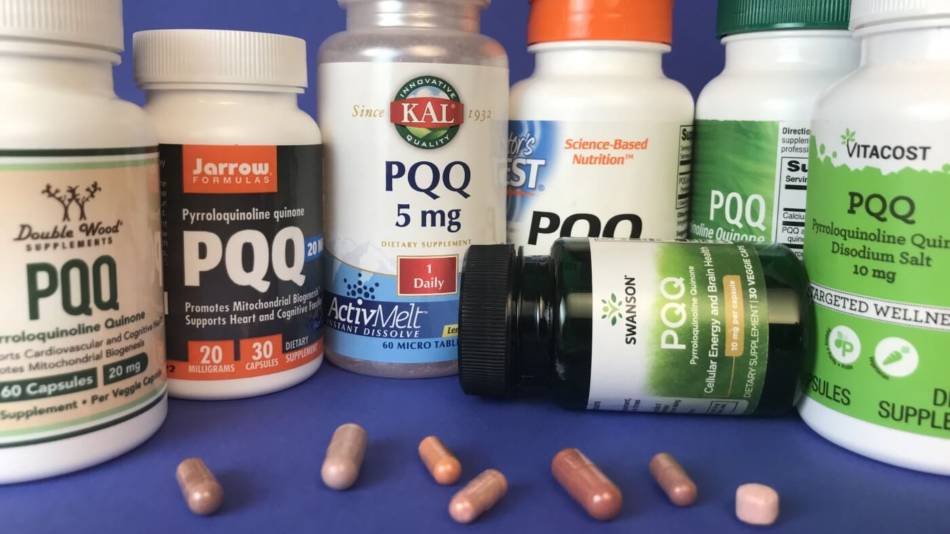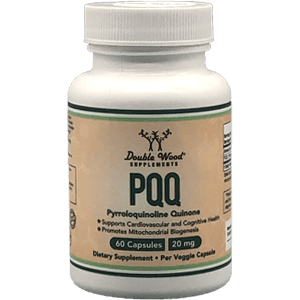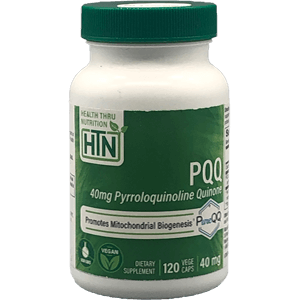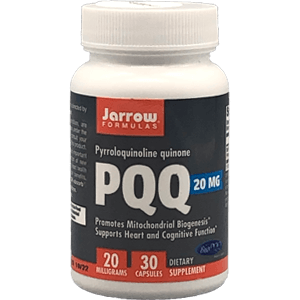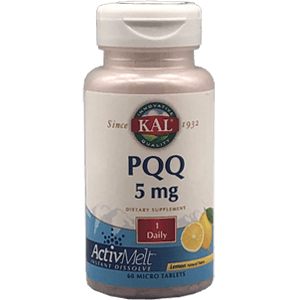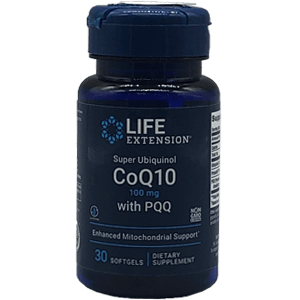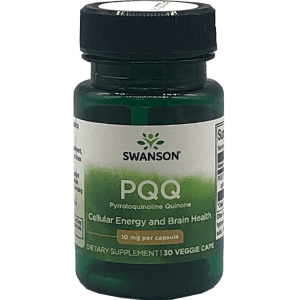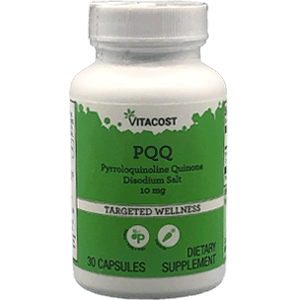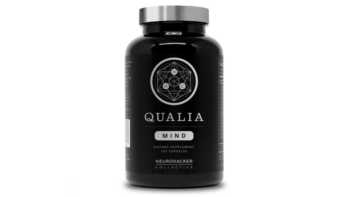Summary
-
What is PQQ?
Pyrroloquinoline quinone (PQQ) is a reddish-brown antioxidant compound that plays a role in releasing energy in cells, although it is not a required nutrient. It is found in very small amounts in foods. Supplements, which are typically produced synthetically or by bacterial fermentation as PQQ disodium salt, provide much larger amounts (5 to 20 mg per serving). PQQ has been sold in the U.S. since 2008. (See What It Is) -
What are the health benefits of PQQ?
Animal studies have suggested a range of possible benefits for PQQ, but clinical studies in people have generally been extremely limited and have not shown much benefit. Studies have focused on uses for memory and cognition, energy and mood, inflammation, athletic-endurance and body composition, cholesterol-lowering, and reducing statin-related side effects. (See What It Does) -
How do PQQ supplements compare?
All of the PQQ supplements purchased and tested by ConsumerLab provided PQQ as the disodium salt, claiming 5 to 40 mg per serving. Some provided branded forms of PQQ, such as BioPQQ and PureQQ. -
What did ConsumerLab find in testing PQQ supplements?
Only five of the seven PQQ supplements selected by ConsumerLab for testing provided their listed amounts of PQQ. Two products provided less PQQ than claimed. None of the supplements were found to be contaminated with lead, cadmium, or arsenic. (See What CL Found) What is the best PQQ supplement?
Among the products that passed testing and were Approved for quality, ConsumerLab selected one as its overall Top Pick because it provided the most commonly used dose of PQQ (20 mg) and was favorably priced. A second Approved PQQ supplement was a Top Pick for lower dosage (10 mg). (See Top Picks)-
Is PQQ safe?
PQQ has not undergone safety testing in people, although animal studies have not indicated a safety problem. The FDA has not objected to notifications it has received from companies selling PQQ that have self-certified that their ingredients should be generally recognized as safe (GRAS). (See Concerns and Cautions)

